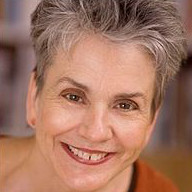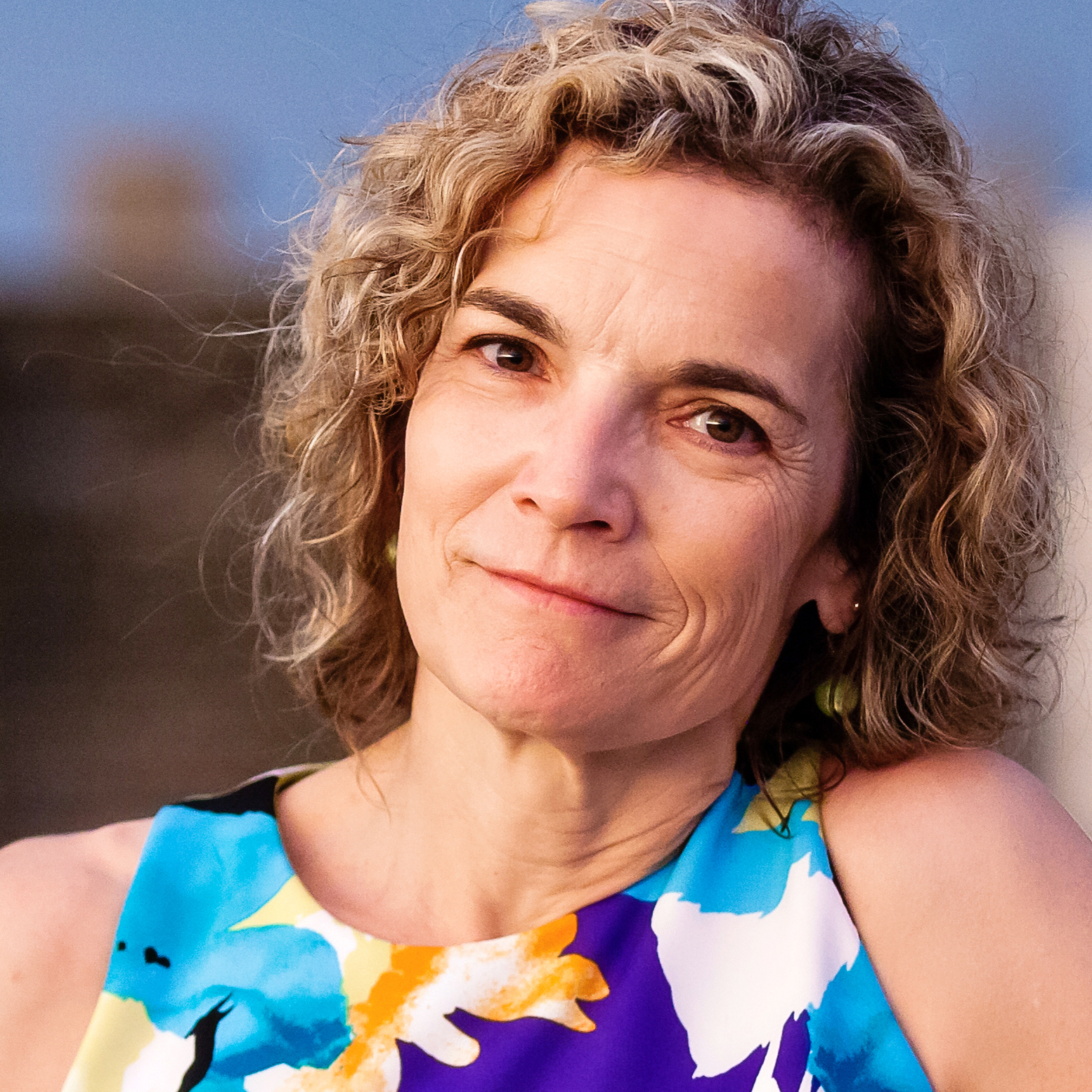
It will take more than just voting to reform democracy, says author Frances Moore Lappé. (Photo by NOVA SAFO/AFP/Getty Images)
Well before the results of Tuesday’s election were in, Frances Moore Lappé had made up her contrarian mind: For her, the end of our long national nightmare of a campaign would mark the start of something new.
“This is only the beginning,” the writer and activist told BillMoyers.com in an interview (full transcript) a week before Election Day. It would be a mistake, she said, for Americans to decide “Oh yes, I voted and I’m going back to my cocoon.”

In certain circles, Lappé is a celebrity. Since the 1972 publication of her Diet for a Small Planet, she has spent most of her career at the cutting edge of food politics. The author or co-author of 18 books, she frequently finds herself being being pulled into into heart-to-heart conversations by strangers who tell her “You changed my life” with her writing on sustainable nutrition.
Now, Lappé is changing hers. At a time when most of her contemporaries are retiring, she has decided to do something unusual for someone of her established reputation — take a step away from the field that made her famous and tackle a new challenge.
Readers of BillMoyers.com may have noticed Lappé’s byline over the past few months on a number of stories that weren’t about the politics of food but about plain politics. They’re the outgrowth of a resolution she made a year ago, when Lappé finished what she describes as her last food book, World Hunger: 10 Myths. After much deliberating and “tearing my heart out,” Lappé made what she calls a “pledge to the universe” to devote the rest of her life to reforming democracy. “Universe, this is it. No turning back,” she said. “I’m going to help create a democracy movement as this movement of movements.” She says she did so after a conversation with Josh Silver, the leader of Represent.Us, a bipartisan group pushing for democracy reform initiatives such as campaign finance reform. “He said, ‘Frankie, you know you can love two children at once,'” Lappé recalled. “And since I have two kids and I love them both, it really stuck with me.”
In April, Lappé marched from Philadelphia to Washington as part of Democracy Spring. She was among those arrested in the Democracy Awakening sit-ins that followed at the US Capitol. With Adam Eichen, a recent college graduate who cut his teeth as an activist in the Occupy movement, Lappé, a self-described “child of the ’60s,” has begun a new writing project: a book that she hopes will serve as both a handbook and a pep talk for Americans who feel cut out of the process. “The idea of the book is to really bust apart, totally bust apart, the idea that democracy is something done to us or for us,” Lappé said. Falling back on a comfortable metaphor, she expresses concern that too many Americans today think of their democratic duties as “the tasteless spinach you have to eat in order to get your juicy, yummy dessert of personal freedom.” She hopes to convince her fellow citizens that metaphorical vegetables, like the literal ones, can actually satisfy.
For Lappé, the career shift is a natural outgrowth of her work as a food and environmental activist. As early as the 1980s, she became convinced “there had to be a way to go deeper” to solve the problems preoccupying her. Her interest in democracy reform grew out of study of the hunger’s economic roots and her conclusion that “we are actively creating the experience of scarcity, not that there is pre-existing scarcity” and that government policies and the agribusinesses they support are “standing in the way of ending hunger.”
In the 1990s, Lappé tried to launch a Center for the Arts of Democracy, based on “the idea that democracy is a culture that we learn, just like we learn to walk or play the piano.” Her prospective funders admonished her, “we don’t fund the arts.” Renamed as the Center for Living Democracy, her Vermont-based organization launched a news service. The idea was to provide the mainstream media with stories that would advance Lappé’s cause. “I was really trying to move to be the articulator of this culture of democracy, this idea that democracy is not just a structure of government, but it’s a set of values that we live in every aspect of our lives, from education to economics to government,” Lappé says. But it all came to “a crashing halt” when several loved ones had near simultaneous health crises and she discovered her media clients were only willing to take her news service’s stories if they were free. Her son and daughter urged her to return to what Lappé calls her “wakeup passion,” and so she returned to writing about food.
Her sense that food issues were symptoms of deeper ones continued to nag at her though. The factor that convinced her to change her focus was, as it is for many Americans, a significant birthday. Two years ago, when she turned 70, Lappé says, she told herself: “Okay, if you’re really serious, if you really do believe that democracy is the root of it all, the solution — the lack of it, the root cause, you don’t have a lot of time to mess around.”
It’s not the first time Lappé has thrown herself off a career cliff. After working as a community organizer during the War on Poverty in the late 1960s, she enrolled in graduate school at the University of California’s Berkeley campus. But she was haunted by the death of one of the welfare recipients she had worked with in Philadelphia, a woman named Lily who was in her 40s when she had a fatal heart attack, and the sense she wasn’t doing anything to respond to it.
“So I made the hardest decision of my life, and one of the best,” Lappé said. “I decided to stop doing anything until I could have an idea of how I was addressing the root causes, the underlying causes. And I really didn’t have a clue. And so I left graduate school. I was absolutely terrified, because I didn’t have a path.” Alone “with my dad’s slide rule” and her intuition, she spent a year in Berkeley’s agriculture school library. “Out of that,” she said, “came Diet for a Small Planet.”
When a friend of her husband’s sent the manuscript to a publisher and one of the heads of the house, Betty Ballantine, flew out for a visit, no one was more surprised than Lappé. “I had never published anything, not even a letter to the editor,” she recalled. “I made a D on my first English paper in college, so I did not think I was material for a major publisher in New York.”
If Lappé is an artist of the improbable, Tuesday presented her with another opportunity. In the interview, a week before Election Day, she found it hard to contemplate a Donald Trump victory, saying that it would be “vastly harder to repair the damage” to the nation’s democracy if the Republican presidential candidate were elected. But she added: “I absolutely understand why people are so angry, and without any other framework to put it in, I guess I can kind of understand. They just want to throw a torch [at Washington].”
“So it could be, and this is what keeps me going,” Lappé said, “it could be just the right time for our book and for messages that are not dismissive and ridiculing Trump supporters but are really helping them see that a democracy movement is the only way to address the very real wrongs that are happening.”
Read the entire transcript of our interview with Lappé.




